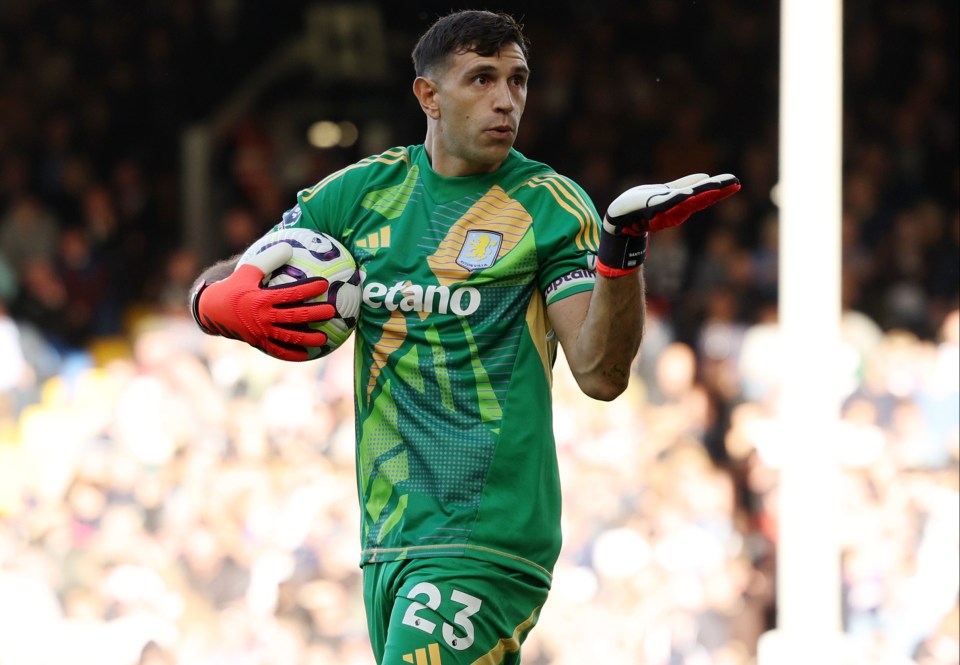FIFA are trialling a new rule in a bid to cut down on time-wasting from players at the Club World Cup.
In a recent seminar held by FIFA, they have announced that the competition will adopt the new timewasting rules which were approved by the International Football Association Board in early March.

A statement read: “Following changes to the laws of the game approved by The International Football Association Board (The IFAB) on 1 March 2025, the FIFA Club World Cup will implement new rules designed to cut down on time-wasting by goalkeepers.”
Just last month, it was announced that a new rule would be implemented from the start of the 2025/26 season in order to tackle timewasting from goalkeepers.
The IFAB announced the law change following their AGM in Belfast and will now penalise goalkeepers for holding the ball for more than eight seconds.
The offence will be met with the referee awarding a corner to the opposition team.
It is a change to Law 12.2, which previously stated that an indirect free-kick should be awarded after six seconds – although goalkeepers were very rarely punished for holding the ball for longer.
Referees will also use a visual countdown to count out the final five seconds before a goalkeeper must release the ball.
A statement from IFAB read: “After trials have shown a major positive impact where goalkeepers have been holding onto the ball for too long, The IFAB has unanimously decided to amend Law 12.2 (Indirect free kick).
“The amendment means that if a goalkeeper holds the ball for longer than eight seconds (with the referee using a visual five-second countdown), the referee will award a corner kick to the opposing team (rather than the current indirect free kick for more than six seconds).”
It comes after the federation announced that referees will wear body cams on a trial basis ahead of the tournament this summer.
The Club World Cup – which will feature Chelsea and Manchester City – will use them to record officials and players during matches.
 Getty
GettyTeams will concede a corner should their goalkeeper hold onto the ball for more than eight seconds[/caption]
Mark Bullingham – the FA chief executive – has previously praised the use of camera technology on officials as an effective way of reducing abuse from fans and players during matches.
The FIFA statement clarified: “Referees will also use body-cams on a trial basis after tests were approved by The IFAB.”
“We think that it is a good chance to offer the viewers a new experience, in terms of images taken from a perspective, from an angle of vision which was never offered before,” said Pierluigi Collina, Chairman of the FIFA Referees Committee and Italian former football referee.
“It also has a purpose in terms of referee coaching. Because, of course, having the possibility to see what the referee sees is important in the debriefing, to evaluate how the call was made
by the referee, which was his view, and so on.
“So it’s a combination of new experience for broadcasters and also for coaching purposes.”
“It will be a very, very interesting competition. (It’s the) first time ever to have the best clubs around the world, from each corner of the world competing,” said Collina.
 AFP
AFPFIFA referees committee chairman Pierluigi Collina thinks positively of the change[/caption]
“So it’s, I would say, an extra responsibility for us, for refereeing, because we want to have our referees ready in the best conditions when the competition will start.
“And we are aware that a high standard of refereeing is key to having a successful competition.”



